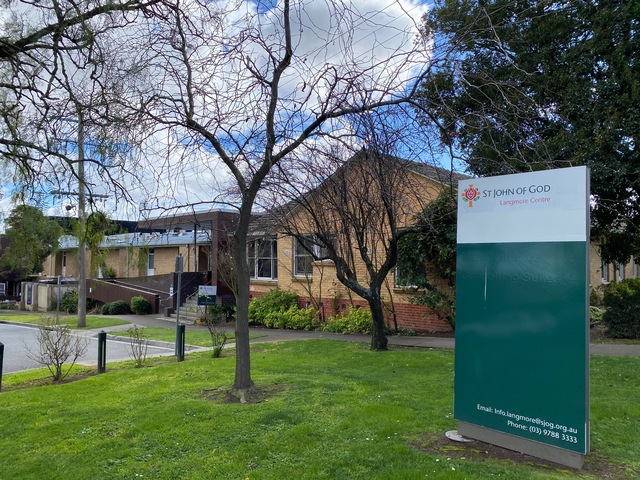Education and businesses in the South East Melbourne region should work together to invest in the local workforce, as Australia transitions to a net zero economy, industry leaders say.
A panel discussion at the GSEM Jobs and Skills Summit explored how the South East could be innovative and capitalise on emerging opportunities during the transition.
Honi Walker, chief executive officer of South East Melbourne Manufacturers Alliance (SEMMA), said it would take manufacturers a lot to transition to a wholly renewable sector.
“Skills are lacking for manufacturers in that space. And we need more people for it,” she said.
“We will need to have some kind of concession or carryover program because we can’t just switch it (fossil-fuel power) off.”
While more targeted skilled migrants were brought up in the discussion to help businesses transition more quickly, panelist Simon McKeon AO, the GSEM chair and Monash University chancellor, believed the starting point should be “who we have here today” and the industry should make it clear to education institutions what it needs from them.
“Every other educational establishment, whether it’s primary, secondary, tertiary, is up for the same challenge because there is an urgency to produce the people that we need in the future,” he said.
“Let’s sort of mature and work out how can we get the best out of what we have. For goodness’s sake, we’re going to be a great place for all sorts of people who want to come here from overseas.
“My own bias and prejudice in this case though is that we ought to be very careful about just doing it on the easy basis of getting someone who’s already been trained overseas.
“I think we owe it to this world to roll up our sleeves and admit more than our fair share of refugees, and people that are tough. They just come here with a sheer desire to contribute.
“We need to spend money on their training.”
Emma Dawson, executive director of public policy think tank Per Capita, said reinvestment in TAFE, technical education, and micro-credentials was important and businesses should work together with them to facilitate the learning.
“We used to have a pathway where you finish school, you went and got a trade qualification, and then you had a secure job. We’ve removed too much of that for people,” she said.
She made an example of working and learning models in the State Electricity Commission (SEC) in the 1930s.
“The employers were hand in glove right through with educational institutions, particularly in those post-war eras,” she said.
“In Yallourn, where the SEC was located, there were two or three TAFEs in Gippsland, and apprentices would work at the SEC and then do one or two days a week of their TAFE.
“Those kinds of hybrid training on the job models really need to come back to the floor for this transition to the next economy.”
Ms Dawson also believed that businesses should make some investment in their workforce.
“What we’ve seen over recent years is this expectation that businesses will get job-ready candidates. They won’t need any training or any investment,” she said.
“Government [should] incentivise business participation here. One example is, say, if you don’t spend a certain amount of your profit or revenue on training your staff, then you can pay a levy to a government fund that will provide the training for them, and they might leave your company and go somewhere else.
“Keeping those also gives business the opportunity to invest in their local workforce, to keep their workforce loyal to the region.
“So a lot of these government instruments that are being developed at the State and Federal level can be leveraged specifically to form partnerships between local training organisations and businesses that are interested in that skill space,” she said.
“This also then gives young people the confidence and the hope to put down roots, to buy a house in this region, to start a family in this region, and to then continue to build a life.
“And we’ve done these things in the past. We just need to bring some of the old-fashioned thinking back to bed.”







